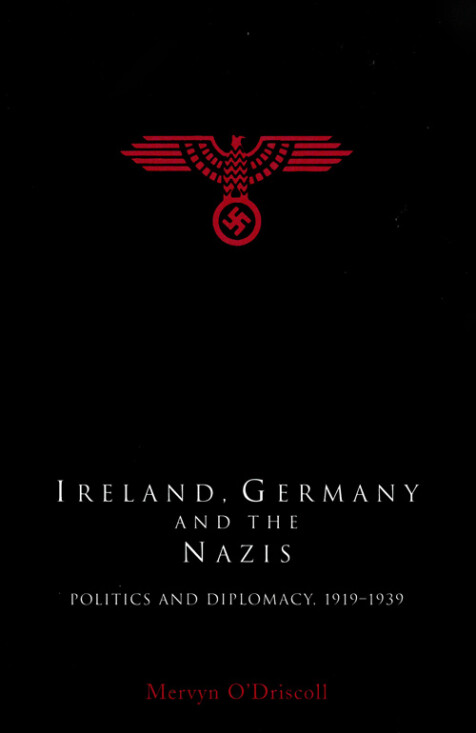Ireland, Germany and the Nazis
Politics and diplomacy, 1919–1939
Mervyn O'Driscoll
An absorbing evaluation of independent Ireland’s response to the rise and consolidation of Nazism in Germany, this book places Irish-German relations in the context of the Irish State’s pursuit of a foreign policy independent from Britain’s. Adolf Hitler and Nazism were initially underestimated or misread by Ireland, but signs of Irish displeasure mounted as the totalitarian policies of the Nazi regime unfolded.
In an effective dual-track policy, Eamon de Valera encouraged the appeasement of Hitler until 1939. Charles Bewley, the Irish representative to Germany from 1933 to 1939, progressively aggravated his superiors in Dublin by displaying sympathy for Nazi Germany and anti-Semitism, pointedly criticizing de Valera’s wider international policies as Anglophile. Finally, in 1939, de Valera concluded that Hitler was unappeasable. Bewley was removed; his retention would have risked damaging Ireland’s reputation and undermining Irish neutrality.
First published in 2004, this book has been called 'a fine study which will remain the standard work on this period of Irish-German relations' by Fearghal McGarry in Irish Historical Studies, and 'a groundbreaking study ... that adds considerably to our knowledge and understanding of Irish diplomacy between the wars' by Paul Canning in the International History Review. It has now been updated with a new preface and an expanded bibliography.
Mervyn O'Driscoll is senior lecturer in history at University College Cork. He has published internationally in the field of modern Irish history; post-war Europe and nuclear history. Some of his work includes Ireland through European eyes, 1945–1973 (lead editor), Ireland in World War Two (co-editor) and The European Parliament and the EURATOM Treaty (co-author). He is a member of the advisory committee for the Dictionary of Irish biography and serves as chair of the Royal Irish Academy's standing committee for international affairs.

